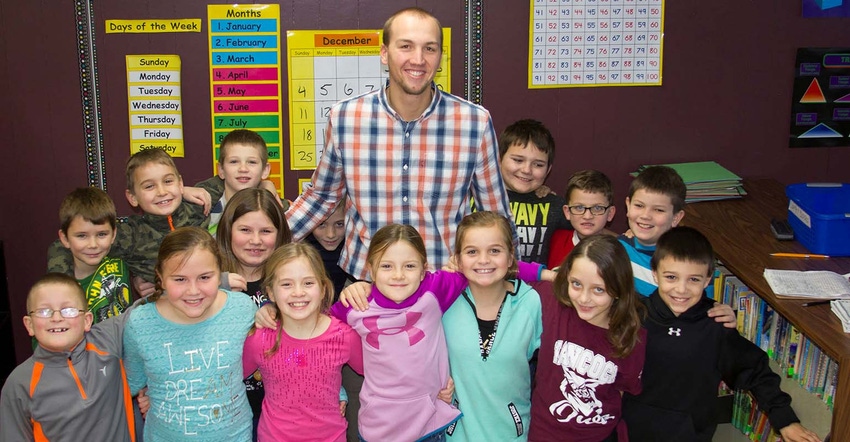
My son's third-grade teacher has a great practice of promoting peer pressure in his classroom. At first, I was shocked but then I saw the wisdom of his methods because he knows that when even one person doesn't pull their weight, the whole team suffers. He has created accountability in his team (class) and the kids love it.
Patrick Lencioni, in his book The Five Dysfunctions of a Team, writes that in the context of a team, accountability is, "The willingness of team members to call their peers on performance and behaviors that might hurt the team." What we are referring to is getting your team to a level where they monitor and adjust their own behavior and other team members, without senior leadership getting involved. This may sound far fetched but it is exactly what high-performance teams, like the Navy Seals, do each day. My son may never be a Navy Seal, but his third-grade teacher is promoting positive peer pressure in a team setting and it works.
For example, let's say that Tom and Ray work together throughout the year on a daily basis. Over time they have become good friends, and have become friends with their families. After several years on the job Tom begins to let the quality of his work slide. Tom becomes sloppy with attention to detail, safety, maintenance, and other vital parts of the job. Since they are both peers AND good friends Ray doesn't say anything but he resents the fact Tom isn't pulling his weight. Over time Ray develops a sour attitude and no one knows why. Sound familiar?
On most farms, it would be up to a manager or owner to catch Tom in the act and correct the problem, but there is a better way. Think about how much easier your job as senior management would be if you didn't have to play policeman every day. Instead, your employees help each other not only maintain standards but also come up with new ways to improve the farm.
High function teams have respect for each other and hold each other accountable even at the expense of possibly jeopardizing a valuable personal relationship. I have no qualms about saying that the best way of maintaining a team with high standards and high levels of accountability lies with positive peer pressure. Positive peer pressure towards high standards reduces the stress of playing cop, creating bureaucracies to manage employees behavior, and reprimanding employees.
Steps to Improve Team Accountability
1. Publish your Farms Goals and Standards. This needs to be specific and lay out the core principles and standards that drive success on your farm. This can include everything from safety standards, equipment operation standards, adherence to farm budget, farm profitability, communication, and timeliness. Ambiguity is the enemy of goals, so be clear.
2. Regular Progress Reviews that cover how the team is adhering to the goals and standards of the farm. One of the most powerful uses of this is a farm who gives employee bonuses based on how well they adhere to their farm budget. It has been very beneficial in keeping the expenses low.
3. Reward the Team. Instead of rewarding individuals for adhering to the standards, either the whole team gets the reward or no one gets it. Accountability is created because members of the team will not stand quietly if the team is not going to reach a goal based on the poor performance of an individual.
4. Be Reasonable. Management needs to set realistic standards so the team has a reasonable chance of achieving them but still create a meaningful standard that will drive farm success.
5. Take the Back Seat. Management should take a lesser role and let the team do the heavy lifting with accountability. Only when the team fails at creating accountability should management step in to rectify the situation.
My son's teacher has played competitive team sports most of his life. He understands that if one person fails it affects the whole team. He instills accountability in the 3rd grade with a standard that every test is signed off by a parent. If a student forgets to get his test signed by a parent, the entire class stays in from recess for 2 minutes. He no longer has to nag the kids to get their signed tests back. The kids do it for him by helping each other toward the goal and the standard. At first, there was resistance but now it is just part of the daily routine. Mr. Stan can get third graders to be accountable to each other. Do you think it is possible with your team on the farm?
The opinions of the author are not necessarily those of Farm Futures or Penton Agriculture.
Tim Schaefer founded Encore Consultants to provide specialized advising and coaching to farm families and agribusiness at the crossroads of change. With over 20 years of experience advising farmers, Tim was an early pioneer of peer advisory groups for agriculture as a way for successful farmers to gain knowledge, ideas and skills from each other in a non-competitive environment. Tim can be reached at [email protected].
About the Author(s)
You May Also Like






